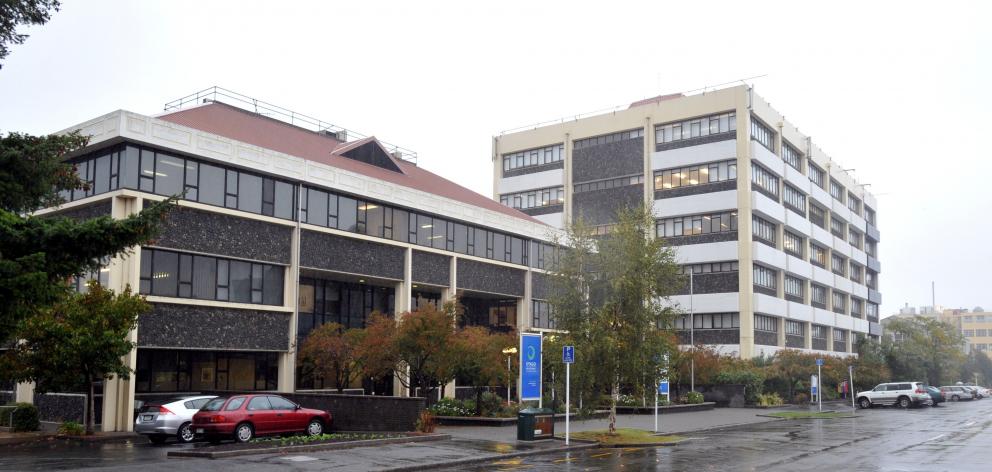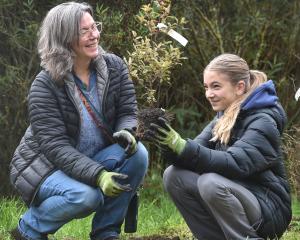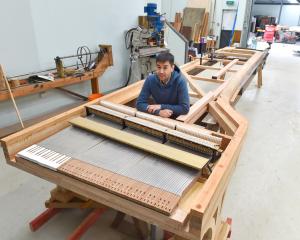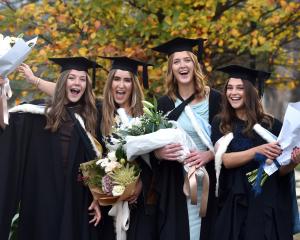
The Education New Zealand figures for the 2015 year were released this week and included a breakdown of the economic impact of international education in Dunedin for the first time.
In Otago, international students contributed $142 million to the economy, of which $117 million was in Dunedin (2% of total GDP) and $23 million (1.1% of total GDP) in the Queenstown Lakes area.
There were 4315 international students in Dunedin. That led to the creation of more than 1300 jobs, including 1006 in Dunedin and 192 in Queenstown Lakes.
The news comes amid signs of growth in both the tertiary and secondary sectors this year.
Otago Polytechnic international student numbers are up 44% on last year and there are "positive signs" at the University of Otago.
University international director Simon Chu said attracting international students was more than just about money.
They brought culture and "the globe" to Dunedin, which enriched the experience of all students and the wider community, Mr Chu said.
There were upwards of 80 nationalities at the university, and the students took a wide range of subjects, not just the health sciences, as people might think.
Many of them also made great sacrifices to come to the city and were not all from very wealthy backgrounds.
He believed international students were attracted to Dunedin for the "special student experience" and the high quality of teaching and research at the university.
It was too early to release this year’s international student numbers, but he said the signs were looking positive.
Director of Enterprise Dunedin John Christie said the figures showed just how important attracting international students was to Dunedin.
"This further reinforces our work with schools, the polytechnic and university and others to position Dunedin as a premier international study destination through Study Dunedin," Mr Christie said.
Otago Girls High School principal Linda Miller said it and almost every other school in the region was actively marketing to attract international students.
Having international students at the school was a "win-win situation" as the students enriched the school and the city while receiving an "excellent educational experience".
Advertisement













